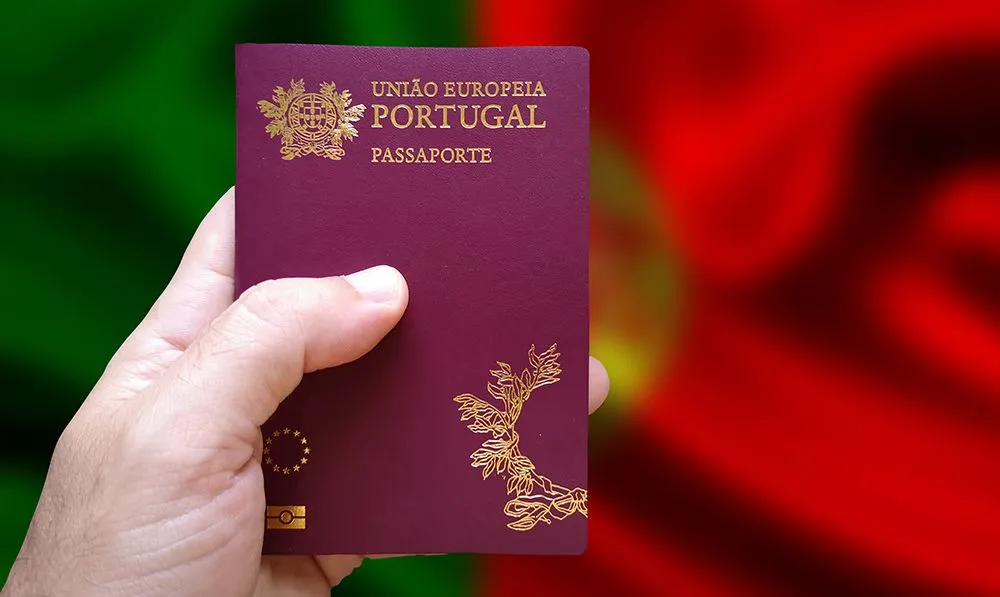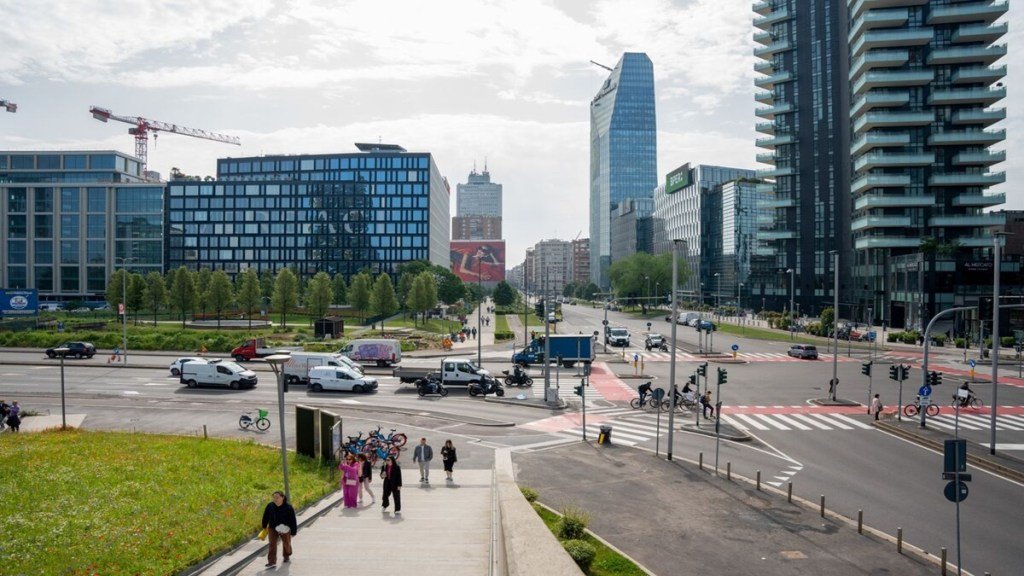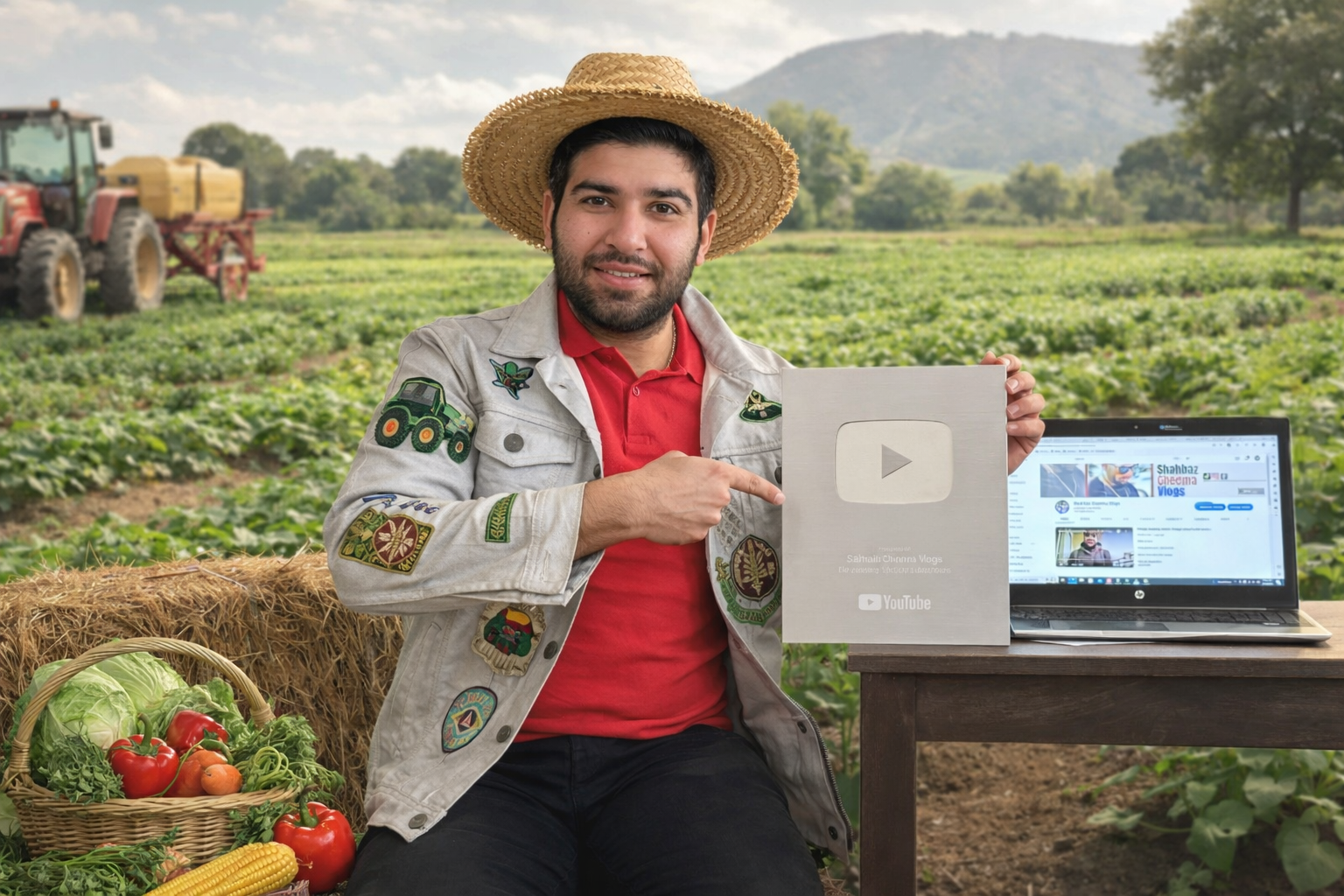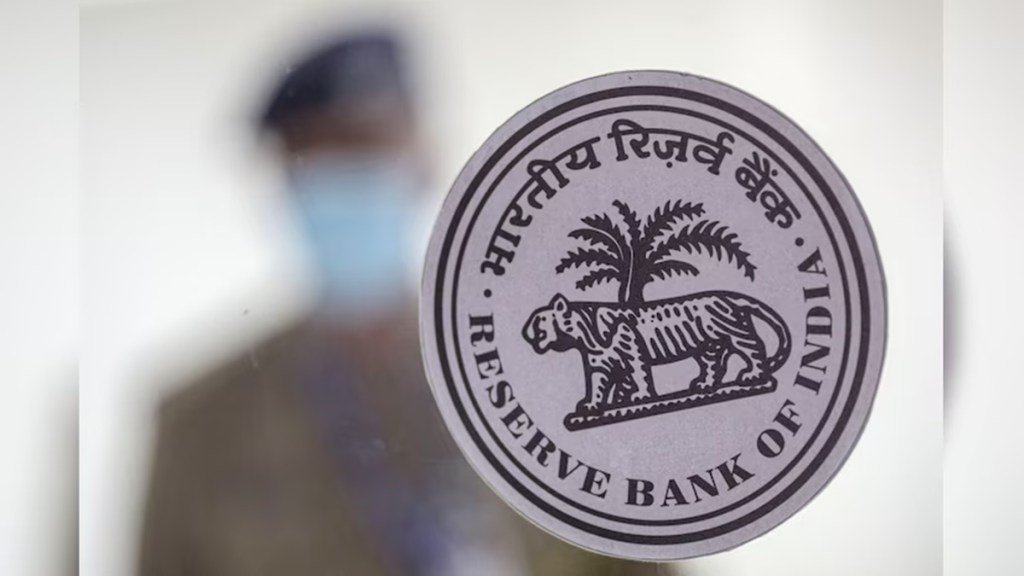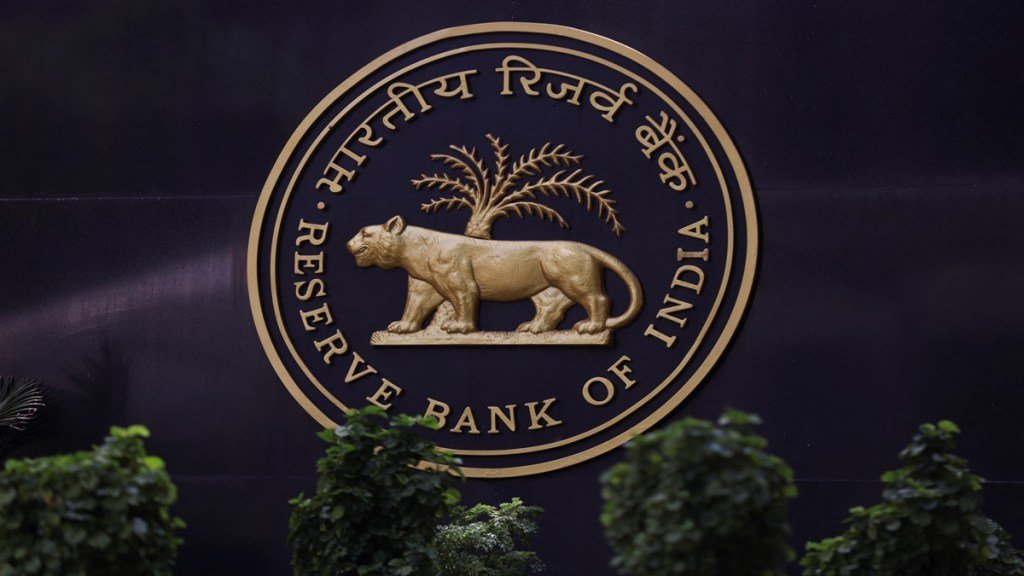
If you’re planning to study in the UK and want to work part-time, it’s important to understand the rules that apply to international students. Whether you’re heading to the University of Leeds or any other UK institution, your visa conditions will determine if you can work and how many hours you’re allowed.
Students on a valid Student visa can usually work during their studies, but there are limits. If you’re a full-time undergraduate or postgraduate student, you can work up to 20 hours a week during term time. If you’re in a course below degree level or a pre-sessional course, you’re limited to 10 hours a week. PhD or research students can also work up to 20 hours weekly, but it’s a good idea to check with your academic supervisor, especially if your study schedule is flexible or intense.
The UK defines a week as Monday to Sunday, and students must track their hours carefully. Overworking or taking on unauthorized work can result in serious consequences, including loss of your visa or even criminal charges. This applies to both paid and unpaid work — even volunteering or internships can count if they involve set duties or schedules.
During official university breaks, you may be allowed to work full-time. For undergraduates, this includes the Christmas, Easter, and Summer holidays. Master’s students can also work full-time during Christmas and Easter, but usually not in summer if they’re working on a dissertation. Research students are allowed full-time work during official university closures and holidays, but it’s important to get approval if needed.
Some job types are strictly prohibited under the Student visa. You cannot be self-employed, work freelance, start or run a business, become a professional sportsperson or entertainer, or take on a permanent full-time role. These rules are part of UK immigration law and apply no matter where you study.
The distinction between volunteering and voluntary work is also important. Informal volunteering, like helping out at a charity on a flexible basis, usually doesn’t count toward your work hours. However, structured roles with set hours and responsibilities are considered voluntary work and do count toward your weekly limit.
If your course includes a required work placement, you’re allowed to do this full-time, provided it’s formally assessed and part of your curriculum. You can also hold another part-time job during this time, within the usual hour limits. If you need to extend your time in the UK to complete a placement, a visa extension might be required.
Once you finish your course, you can usually work full-time — but only after you’ve officially completed your studies. For taught students, that means after your coursework is done and the course end date has passed. For research students, it’s after you’ve completed your viva and submitted your final thesis. If you’re still waiting to retake exams or submit assignments, you’re still limited to 20 hours per week.
Before you start working, your employer must verify your right to work. You’ll need your passport and a share code from the UKVI website. A certificate from your university showing your term dates can also help confirm when you’re allowed to work full-time.
If you’re in the UK on a visa other than the Student visa, your right to work may be different. Visitors and those on short-term study visas cannot work. Students under the EU Settlement Scheme or those on a Graduate visa can work full-time, with Graduate visas offering up to two years of open work rights, or three years if you’ve completed a PhD.


